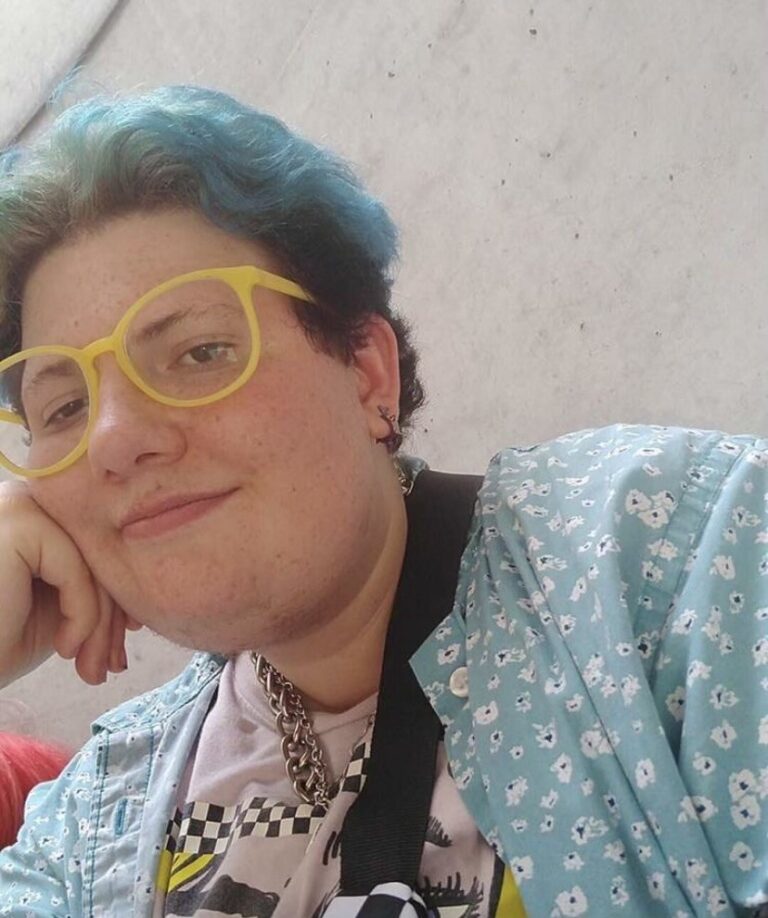‘Euphoria’ draws mixed reactions from students

It’s nearly impossible to go on any social media platform and not see someone talking about the latest season of “Euphoria.”
But as this highly anticipated second season plays out; more and more people are asking questions about the morality of the show and the issues it speaks about.
Senior Sky Hulser began watching the show when the first season came out, keeping up with it weekly. Hulser was drawn to watching “Euphoria” because of the ways she could relate to it.
“I have had drug use in my family history before and I thought that it was, like, just a really cool story and perspective that I haven’t seen before,” Hulser said.
While she enjoyed the first season, she did notice a romanticization of substance abuse, noting the glitter, the aesthetic lighting, and the way drug use was shown on screen. According to Hulser, the second season is doing a better job of showing the reality.
“I expected the second season to be a bit grittier, definitely, like more of the ugly side of drug use and I think so far it’s been living up to that. Only three episodes in, but definitely not as glorified as the first season in terms of drug use,” Hulser said. “There’s been more heroin in this season… I think that’s another way the show is starting to push those harsh realities. There are people that are struggling with real, serious addiction that’s not pretty and not, like, cute.”
And while there is discourse surrounding how realistic the show is, freshman Meaghan Murphy says there are aspects of “Euphoria” that she looks at and can “see [her] old high school.” Like Hulser, Murphy has seen drug abuse personally.
“People who I was actually family friends with who ended up doing these hard drugs. So it really wasn’t something out of the ordinary for me,” Murphy said. “Believe it or not, this is real life, maybe the outfits aren’t real life, that’s just the aesthetic of the show. But there are themes in this where it may seem ridiculous, but the truth is that this is reality for many teens in America.”
Hulser agrees that there is an element of accuracy, especially in the way teenagers act and behave, but that the availability of hard drugs is not something she could relate to.
“There wasn’t fentanyl, like, around my hallways,” Hulser said with a laugh.
Another aspect of the show that is being questioned by viewers is the amount of sex and nudity, especially in a show set in high school.
“It’s a known fact that teenagers are going to have sex, it’s unavoidable,” said Murphy, still noting that she finds it “odd” to see how sexualized the characters are, especially when they are supposed to be minors.
Freshmen Shelby Smith and Mya Paquette agree, but find it important that adults are the ones playing these situations out on-screen.
“I think it’s weird how old some of [the actors] are, but I think having adults play these roles and do these scenes rather than younger actors is better,” Smith said.
“It can kind of be uncomfortable because you know they’re not really that age, though,” added Paquette, also noting that these shows generally only display certain body types.
“I think we’re just so used to seeing adults playing high school characters, that there’s almost a misconception of what teenagers actually look like… I don’t look like Sydney Sweeney, obviously,” Murphy said.
Media and Communication professor Sam Davis-Boyd, who teaches Race, Gender, and Sexuality in Media, spoke to how this affects viewers.
“The issue becomes that we’re sexualizing minors, in theory, because [the actors] are playing minors, even though they’re adults. So, you have to think about how this seeps into our everyday consciousness,” Davis-Boyd said.
As to whether they think this show is appropriate for younger viewers, almost everyone agreed that it’s not.
“I think right now, as an 18-year-old, even when I watch it, I get, like, anxiety. It took me a long time to finish the first season the first time,” Paquette said.
Hulser, however, had a different perspective.
“I have younger brothers, and one thing that scares me is when they start going into middle school and high school, what they might be exposed to that they don’t already see… Some exposure to that can be beneficial, I think, before they’re put in the position to address it themselves,” Hulser said.








